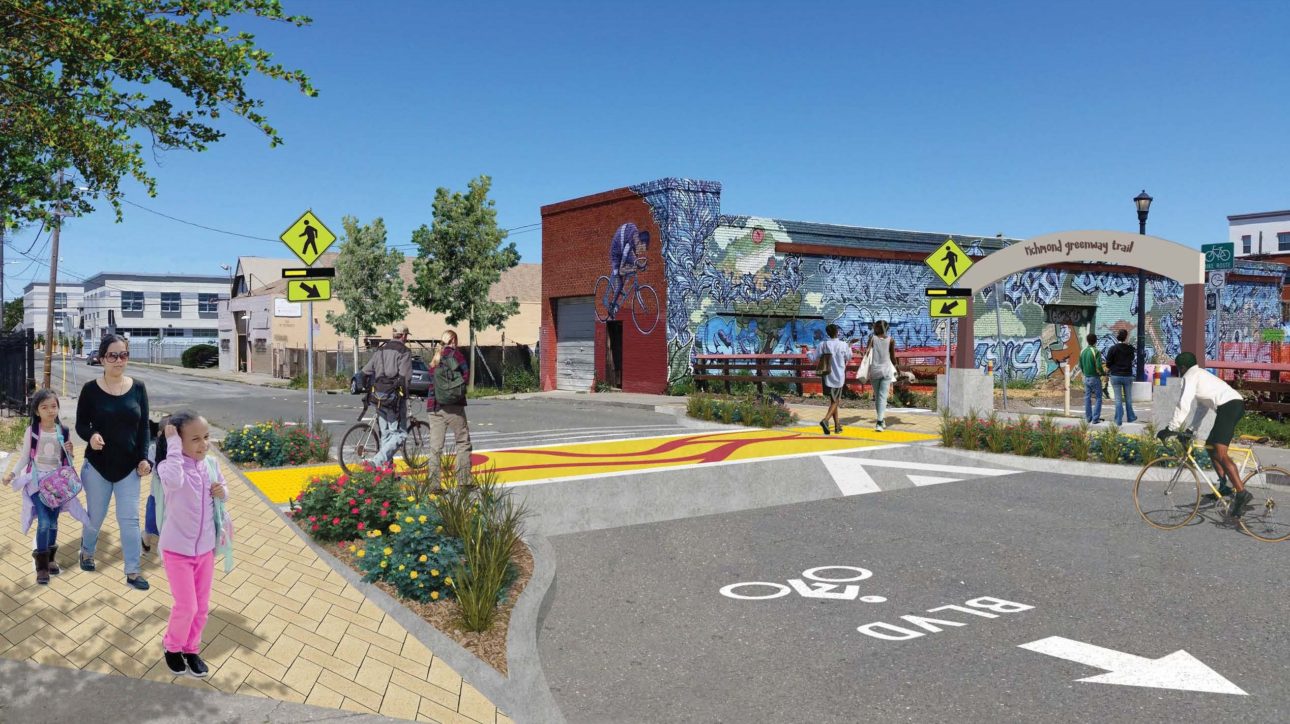
Reducing Crime One Trail at a Time
American Trails will present this Webinar on August 31, 2017. This webinar will explore methods to enhancing trail security and safety perceptions through environmental design.
Crime Prevention Through Environmental Design (CPTED) is a proactive crime prevention technique in which the proper design and effective use of the built environment can lead to a reduction in the fear of and incidents of crime while improving the quality of life. CPTED builds on the four strategies of natural surveillance, territorial reinforcement, natural access control, and maintenance. Using a multi-disciplinary, multi-pronged approach to trail planning and design, law enforcement, landscape architects, city planners, and resident volunteers can create a climate of safety on trails.
Since trails are often community focal points, crime on the trail can be perceived differently than crime on the street-it may generate more attention that prevents or inhibits use on trails. While studies have shown that trails themselves do not generate crime, in many urban areas perceived safety is serious, and even the perception of trail safety creates a stigma for trails as a public facility. This session will explore methods to enhancing trail security and safety perceptions through environmental design. Presenters will discuss tackling CPTED design strengths and challenges, using programs and partnerships, and the nuts and bolts of safety audits, corridor assessments, and design review.
